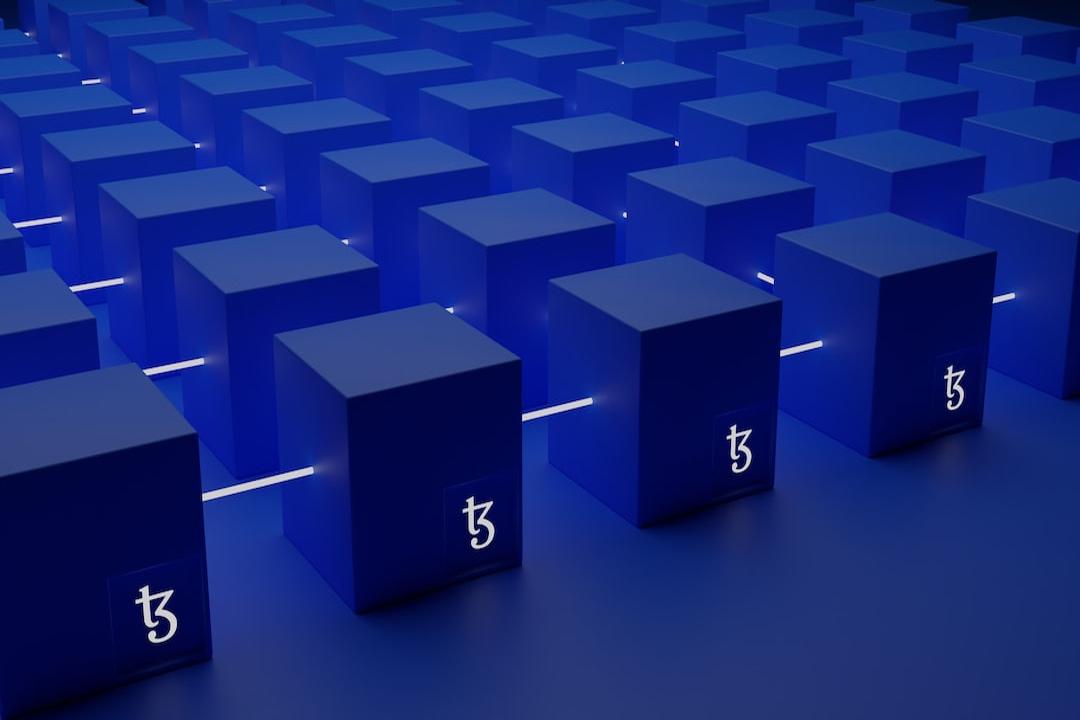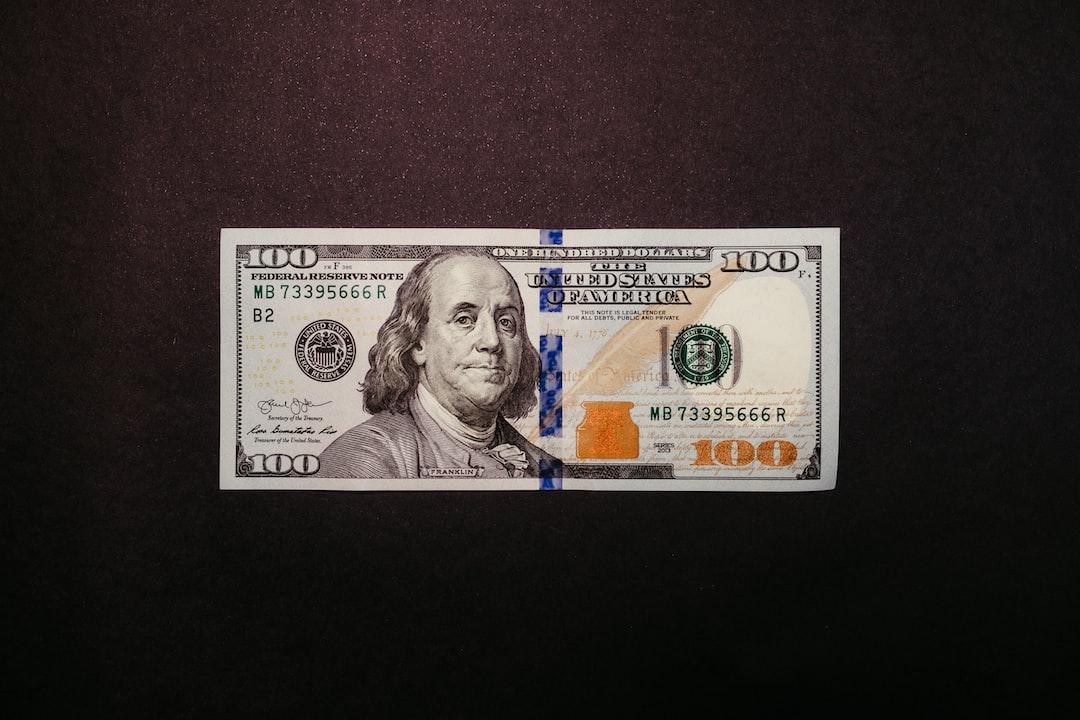The Cryptocurrency World Filled with Speculation and Copy Trading
What Kind of “Crypto KOL” is Most Popular?
Flaunting trades, cash, and luxury cars, urging you to seize airdrops… KOLs that leave readers with an imagination of “making big money” definitely attract the most traffic. Amidst the chaos filled with hype and speculation, there are also KOLs or creators who choose to participate in different ways. For example, “Little Crow Max,” who began researching blockchain technology in 2012, does not focus on shouting trades but rather concentrates on writing about the advancements of blockchain in terms of technology, industry, and application, providing a relatively calm and non-speculative observational perspective.
Little Crow Max is a self-media creator who primarily publishes through newsletters and social media platforms, with around 4,000 followers on his X account. He mainly shares observations and analyses regarding blockchain, cryptocurrency, AI, and fintech. Currently, he is also the editor of the blockchain media outlet “Crypto City.”

Web3 self-media creator Little Crow Max.
Photo by He Daxin
From Questioning Economic Theories to Building Mining Machines
Max began his research on blockchain in 2012, and unlike most people, he did not aim for overnight wealth or early retirement. As an economics student, he had doubts about economic theories. He stated that after studying the principles of economics at university, he found many theories did not hold up against the 2008 financial crisis, leading him to question them. “I was a difficult student; I was even kicked out of class by my professor because of this,” Max said with a smile. However, it was this rebellious spirit and refusal to accept textbook content that led him to value independent research and engage in extensive dialogue and discussion with others.
Max began browsing foreign online forums, looking for information and discussing “finance” with netizens. By chance, he came across a Reddit forum where a user shared Satoshi Nakamoto’s Bitcoin white paper. Max admitted that he did not understand Bitcoin at the time, but he could see that this new concept and technology had the potential to disrupt traditional finance. Thus, Max started to research what blockchain technology and cryptocurrencies were, even building mining machines with friends and experimenting with mining, diving headfirst into the world of blockchain. “Everything started from a technical discussion; making money was secondary.”
A Passion for Blockchain Technology and Applications
The love for blockchain technology and its applications can still be felt in Max’s newsletters and social media posts today. For instance, in his newsletter series “Crow X Recommends Good Articles,” readers will not find “urging to buy” information about a coin soaring in price, but they will understand how DePIN (Decentralized Physical Infrastructure Networks), DeFi (Decentralized Finance), or RWA (Real World Asset Tokenization) within blockchain are influencing financial markets and even our lives.
Expressing “how technology impacts life” is at the core of Max’s creations. He admitted that he once tried to head towards the mainstream KOL direction, even managing a community of over a thousand people, but ultimately found that “most people only want to hear how to buy coins and where to make money,” which was completely contrary to the content he wanted to share.
He stated, “I do not oppose investment; the market needs liquidity. But if everything is just a conversation about money, isn’t that exhausting?”
Long-term Focus on DeFi, NFT, and RWA
As a blockchain researcher, Max’s long-term focus includes DeFi, NFTs (Non-Fungible Tokens), and RWA. With a financial background, he has conducted in-depth research on the mechanisms of DeFi, believing it to be a substitute framework that is both experimental and promising, outside traditional financial structures. Regarding NFTs, Max values them not for speculation, but for their potential as “membership credentials.” Compared to abstract and invisible cryptocurrencies, NFTs are more concrete and visual digital assets, making them easier for the general public to understand and potentially becoming tools for brands or companies to interact with consumers. Max is particularly optimistic about the application of NFTs in corporate community management and loyalty building, believing many traditional industries can leverage this to engage with Web3.
In recent years, RWA has garnered increasing attention from financial institutions, which remains a key development Max is monitoring. RWA allows blockchain to connect with real-world assets, such as real estate and funds, rather than just dealing with intangible coins. Max emphasized that long before most people were aware, Taiwanese insurance companies and property insurers had already begun using blockchain internally to transmit data. Although these applications may not be immediately perceptible to the general public, “being imperceptible does not mean it is not happening,” which he believes is a phenomenon worth paying attention to.
“You don’t necessarily have to buy coins, but you should understand how they might affect your life in the future.” Max believes this is also one of the values of text creators—to organize those quietly emerging yet transformative technologies and communicate them in an easy-to-understand manner, showing more people that “you don’t need to be a tech expert or an investor to participate in these changes.”
A Vision for Sovereign Individuals
Regarding blockchain technology, Max certainly has an optimistic vision. He hopes this technology can genuinely address the flaws of the current system. Max proposed a concept where the user data of all financial institutions in Taiwan could be shared through a consortium chain, allowing users to query all their assets, investments, and insurance statuses with one click, rather than being forced to log into various bank systems and being shackled by cumbersome passwords and processes.
He believes the true spirit of Web3 lies in sovereign individuals, where information should be controlled by oneself rather than monopolized by financial institutions. Max hopes that through his writing and research, he can promote blockchain application reforms that are closer to users, stating, “Blockchain should be a practitioner of inclusive finance, not a playground for the asset class.”

